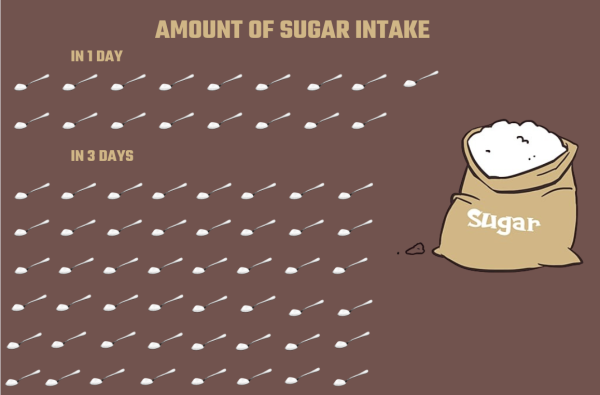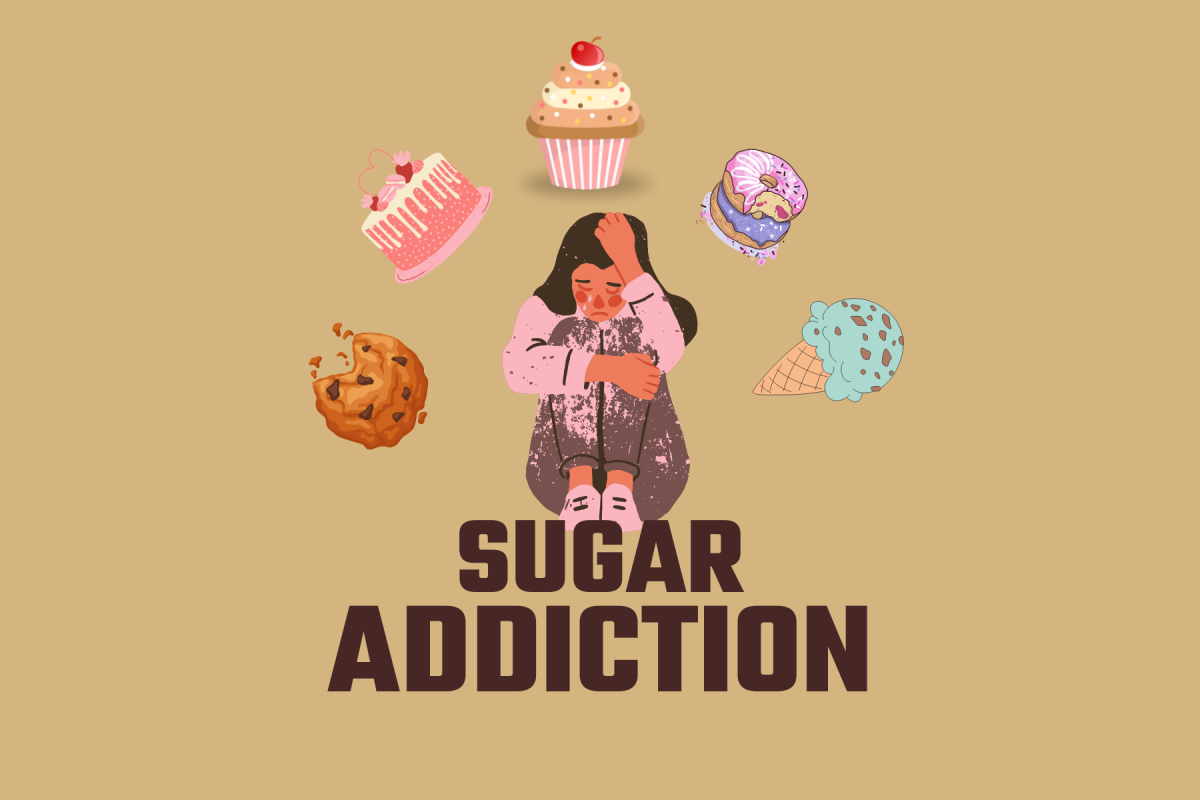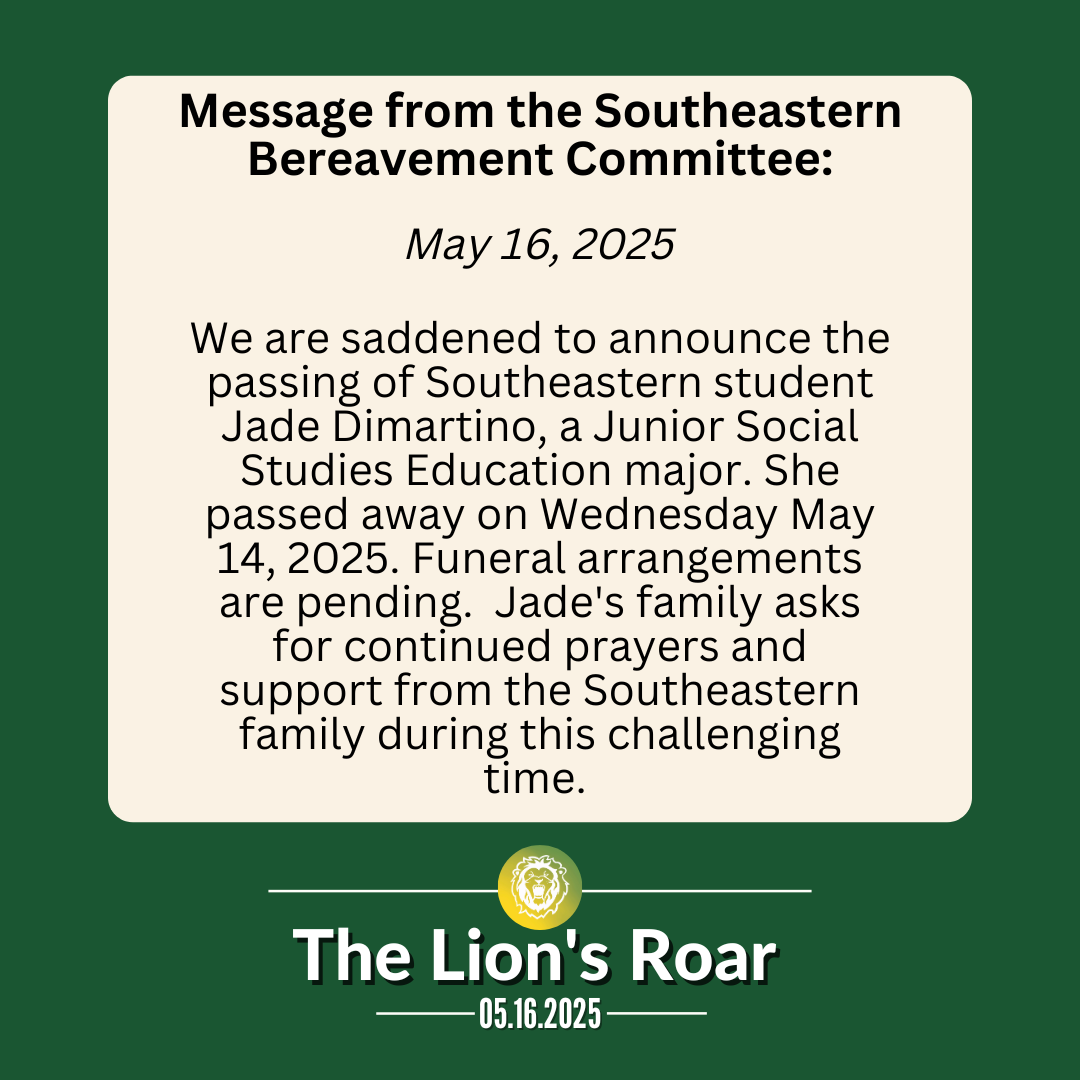America has an obsession with sugar. Between its numerous fast-food chains and sweet treats such as ice cream, cookies and muffins, the food Americans regularly consume is pumped full of the ingredients. As a result, so are Americans’ bodies.
While it is difficult for some people to imagine their life without plenty of delectable treats, the truth about constant sugar consumption is not as sweet as people think. Consuming these treats daily can lead to addiction.
Sugar addiction is defined as a strong craving for sugary foods and drinks. This can lead to excessive consumption and negative health consequences. It cannot be classified as a real addiction like drug addiction, but in some cases, people heavily depend on sugar. The key is to control sugar intake through a balanced diet.
Ashley Keating, a nutritionist from the University Health Center, said consuming too much sugar can initially cause fatigue and lack of energy, acne breakouts, irritability and headaches. Eventually, plenty of sugar consumption will cause weight gain, mental health issues and potentially increase the risk of many chronic diseases, like heart disease, diabetes and obesity.
“Starting to create healthy habits of limiting added sugars right now as a college student is critical to lowering the risk of these diseases in the future,” Keating explained.
It is easier for some people to track their calories and sugar intake to maintain a healthy lifestyle and balanced diet. Still, the line between following a healthy diet and gaining an eating disorder is very slippery.
Junior finance major Marno Du Plessis leads a healthy lifestyle but never counts his sugar intake. He said it is too much effort and people should enjoy the food they consume.
“I think it ruins the eating experience if you are too meticulous and careful with what you eat,” Du Plessis said.
The World Health Organization recommends people consume no more than 50 grams of sugar daily. Moreover, this is the maximum value. The ideal amount is 25 grams per day for women and 36 per day for men. Such recommendations apply to adults, whose calorie intake is about 2,000 kcal per day.
While recommended daily sugar intake varies from 6-10 teaspoons of sugar, American adults consume an average of 17 teaspoons of added sugar every day. In just three days, they consume about 50 teaspoons of sugar.

A meal from a fast-food chain often greatly exceeds the daily recommended sugar intake; the meal’s soft drink alone is worth 32 grams of sugar.
“To put this into perspective, the following items contain excessive amounts of added sugar and most would exceed the daily recommended amount, just by themselves, for most college students. For example, a grande caramel frappuccino from Starbucks has 54 grams of added sugar or a small chocolate milkshake from Chick-fil-A has a total of 79 grams of added sugar,” Keating said.
Sugar addiction is easy to notice but many people are in denial they have one. If every meal is accompanied by dessert or a sweet drink, then that is a sign of addiction.
Sugar gives us an instant influx of energy and a good mood — the body likes a “quick solution.”
Many families unknowingly get their children “hooked” on sugar by giving them sweet rewards or quick snacks with a lot of added preservatives. Since sugar gives us a fast boost of energy and a good mood, kids become more energetic and lively.
Emelie Malila, an international student from Sweden, shared her cultural attitude towards sweets. She said in Sweden they have a “Saturday Candy,” one day of the week when everyone can eat as many candies as they want.
“I limit myself to eating sugar only on Friday and Saturday. It is like a tradition for me that I stick to, and it helps me follow a relatively healthy diet,” Malila described.
Excessive sugar consumption in the 21st century is a big issue, as it can lead to multiple serious health problems. The key to staying healthy in a world full of sweets is to maintain a balance between sugar intake and a nutritious diet.








